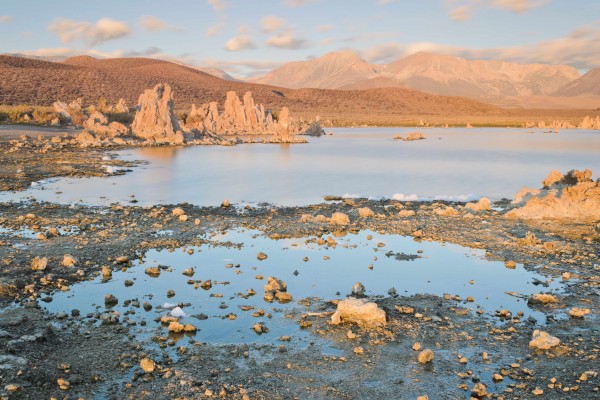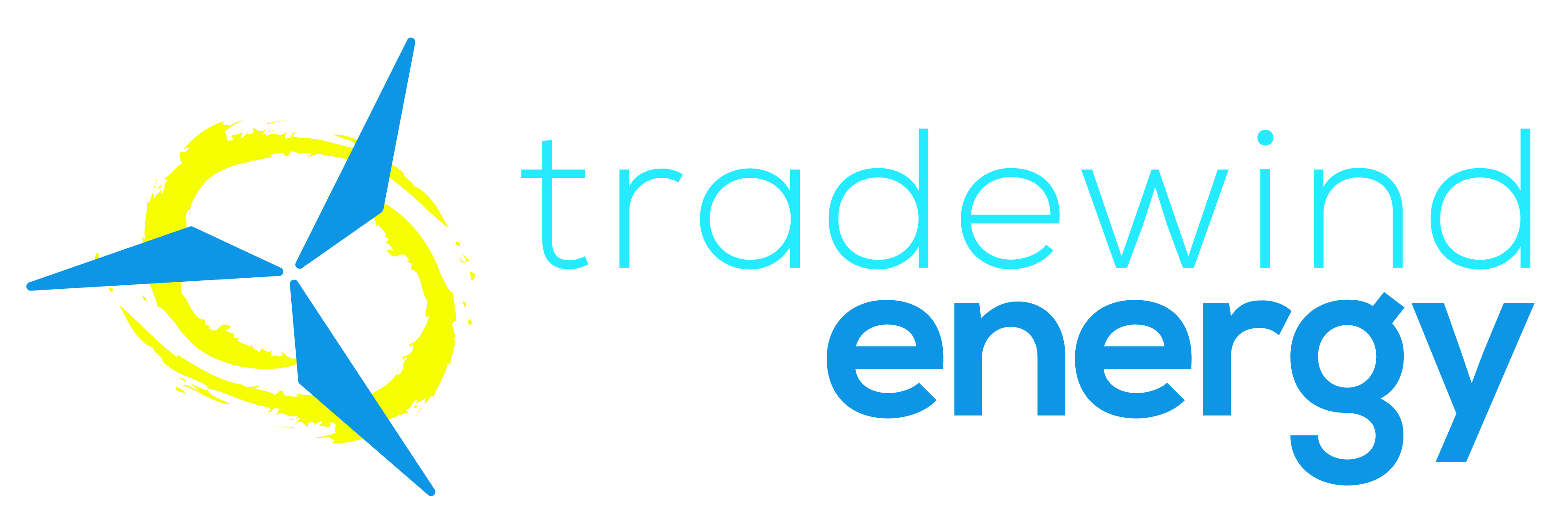I saw this Op-Ed a few days ago from a senior water scientist at the NASA jet Propulsion Lab who says that there is about one year of water left in the water storage system in California right now.
I knew that it has been a slim year for snow there, but didn’t realize January was the least amount of precipitation that has been recorded in California since they started keeping record in 1895.
This is bad. I know this is also the situation in many areas of Texas. Last time I rode by Lake Travis, near Austin, the docks were hanging vertical like ladders, not even close to touching any water.
We’ve been pulling water out of the Ogallala Aquifer, here in the midwest, way too fast too. 32% of the depletion of the aquifer during the 20th century happened in 7 recent years. We’re draining it at record pace, using the water for agriculture, of course, but also for oil and coal extraction.
We’re not in such a dire state as they are in California, but we have our heads as buried in the sand as they do.
It think it is a given that the average citizen, especially in California, is very concerned about having a ample supply of clean water. We are willing to do just about anything to assure that.
In California, they haven’t even established mandatory water rationing in most of the state. With less than a years worth of stored water available and they aren’t doing this? It is completely crazy.
This isn’t a political issue. It is an issue for everyone. We need to figure out, throughout the United States, how to use our water wisely. Maybe we should be building a ton more water pipelines instead of fighting about oil pipelines like Keystone. I don’t know the answer.
I do know that our country can be very resilient and cooperative when we feel it’s in everyone’s best interest. We seem to be at odds over a lot of things right now. This is a pretty simple situation. We are running out of water where a lot of Americans call home. There is very little water left, we need to use it more wisely. And we need to address the problem very soon.

Mono Lake, outside Mammoth Lakes, CA. This is a picture from 2013. I gone by this lake, everytime I’ve been to Mammoth, for years and years. This is so sad.





I was raised in LA,, know that turf very well.. Moved away in 1987 to Colorado.. have not been back in LA for many years except for very brief biz trips.. But I was there the last 10 months, full time.. This is my observation and thoughts on So Cal today regarding water and the environment. Yes I’m sure there are people that are concerned about water, sustainability and the future.. But in my observation California and especially So Cal is out of control and many I saw didn’t seem to care about really anything. They waste water everywhere, trash everywhere and many just seem to be doing there own thing daily with total disregard for mother nature.. I have since left, was not there to relocate, just reconnect with people. Yes I saw places, lakes, beaches and the land and so much that is just destroyed..
Just crazy how so many just seem so wrapped up in themselves, surviving in the rat race.. Mother nature is viewed like who cares. With so many groups moving to Los Angeles from all over the world, water, the land, the destruction takes a back seat.
I predicted years ago water will become something of a mad max movie.. Someday soon water will become grounds for wars……
JKM
its been a few years since I’ve been to Southern California but I’m sure nothing has changed. I completely agree with you JKM. People there are so wrapped up in themselves that actually being concerned with the impending water crisis isn’t something that would even occur to them. When I lived there back in the late 80’s for a brief time it was very confusing to me the way people lived. Here in the Midwest people use their cars to go from one place to another. You can always go out for a ride on a Saturday or Sunday morning and there is a minimum amount of traffic. There the traffic on the weekends was worse then normal rush hour. People just driving around and around wasting gas and clogging the roads for no reason. It’s a very strange way to live.
I think if you get rid of all of the green lawns in the California suburbs you would go a long way toward closing the water gap.
Wichita Falls TX has a water situation so bad they are piping their treated waterwater plant effluent back to the water treatment plant to treat it again and put it back into the potable water supply circulation.
http://www.wichitafallstx.gov/index.aspx?nid=1595
While I agree that there is a great deal of water waste in southern california, last statistic I heard is that 80% of water use in California is for agriculture. Conservation in this cities will help, but it is not the panacea some may think it is
In the next 40-50years, Kansas will revert back to part of the Great American Desert.
100 years ago, California was mostly desert. It will be again, very soon.
One thing that would go a long way to preserving water would be to enclose the aqueduct systems that transport the water to its destination. An amazing amount is lost due to evaporation.
Californians are confronted by many serious issues but they won’t be addressed until people replace the politicians with folks who wish to provide the real LEADERSHIP that this state is in such need of.
Here is a fun fact…it takes about 2 gallons of water to grow one single almond and where are they now grown? In some of the hottest and driest parts of the state.
Mono lake has always been symbolic of CA water wars but the irony is that it’s in much better shape now then it was in the 80s (but that’s only been through legislation)
Not going to pretend to know the answer but I don’t they we will look for one until its too late.
Erik
That’s exactly right about agriculture. And most of that comes from animal agriculture, specifically. 1,500 gallons + to produce 1 lb of beef, etc. Chicken, pork, dairy are also very big users of water. We’d save lots of water if everyone just ate less meat.
If you are a California farmer with water use rights or a midwest farmer pumping water out of the Ogallala, you know the reservoir and aquifer depletion numbers too. really know them. But your huge sunk capital costs make anything but business as usual financially unviable. Taking or modifying 150 year old water use rights means farmer/orchardist/rancher bankruptcy and inevitably higher food prices.
I doubt water rights issues can be resolved before driving off the fast approaching cliff.
Much easier to just pray for rain. And go for a bike ride, its beautiful and sunny again.
The problem isn’t a lack of water, it’s over population. Fortunately, the population will self-correct at some point to a more sustainable level.
Dear Tim,
The water crisis in California and elsewhere is almost entirely driven by agricultural water needs/uses. All urban/industrial water use in CA is less than 20% of the total. Any solution that doesn’t include modifying our (very inexpensive, but water-intensive) agricultural practices is political theater.
Best Regards,
Will
In the USA and other developed countries, we use potable water for our toilet and waste systems.
Potable water belongs in faucets, showers and spigots. Not toilets and waste management systems, but our current plumbing philosophy and architecture is incredibly inefficient regarding potable water.
Don’t get me started on bottled water, other than huge jug-sized water for functional purposes. Potable water in toilets, while we drink from a 12 oz plastic bottled water. Purchased from Pepsi or some similar crystal clear waterfall.
Even the “efficient” toilets are still flushing away the world’s drinkable water supply. Now that’s a smart design.
Appropedia is a great resource:
http://www.appropedia.org/Rainwater_Collection_Calculator
http://www.appropedia.org/Greywater_recycling
http://www.appropedia.org/Composting_toilet
By this year, we were also supposed to be growing oranges in Alaska.
Is the water in our homes not from the same source anyways? Difference being treated vs untreated?
I used to be a rice farmer. I can’t see how raising livestock could take anywhere near as much water as farming rice. That goes for many other crops as well. Pumping water out of the ground literally for days on end for months. Just saying.
I lived in San Antonio from 1989 – 1993. Their sole source of water was the Edwards aquifer. There was a constant fight between the city and farmers over water rights. During the growing season the water level would drop daily. The city would blame the farmers, and the farmers would blame the city. Yet, oddly enough, once the harvest was done, the water level would begin to rise again.
It would seem that agriculture was using more water than the city.
I have never understood why we decide to do agriculture in areas where water is so scarce.
What a ridiculous comment. You have no idea why people are driving their car in So Cal on a weekend. The most obvious and logical answer is that they are trying to get somewhere and the infrastructure in California is such that the best, or maybe only, way to get there is by automobile. That is a fact of life and it was brought on by entities who curtailed the use of public transportation in favor of the car and not by the populace.
The population will never self correct. More people move to the west and to California than ever before. Why? Because of the weather, the opportunities and the fact that California is the worlds’ 7th largest economy. The population continues to grow for many other reasons and not insignificant is the massive illegal influx from south of the border that continues at an exponential rate. The future will not be without massive problems and water is but one.
Gee…..news???
This is the 4th year of the drought out there…….ll
Water conservation needs to start in the agricultural sector. It’s ridiculous to use millions of gallons of water to grow crops in the desert while farmland sits fallow in areas of the country that do not rely on irrigation.
“So Cal is out of control”
Yes, it needs to be CONTROLLED. The best way would be by some sort of dictatorial regime, maybe like the California Assembly, elected officials that can make decisions that everyone else must follow. Oh, wait, we already have that. OK, then the control should pass to someone, perhaps an individual, that can make difficult decisions without worrying about political fallout. That works better. Federal judges are an example, they know lots about the environment and various kinds of rights.
“many just seem to be doing there own thing daily ”
You’re probably doing your own thing daily, wouldn’t you say? Or are you doing someone else’s thing?
It takes 621 gallons of water to produce a steel bicycle frame, 834 to make an aluminum one and a whopping 1366 to fabricate just a single carbon fiber bike. Walking instead of cycling would do wonders for the environment.
In a chart showing the amout of water needed to create typical food items – chocolate tops the list with the most water needed, followed by agricultural meats, then veggies and fruits. At the bottom of the list is wine and beer with the least amout of water needed. We’d save massive amounts of water if everyone would only consume wine and beer.